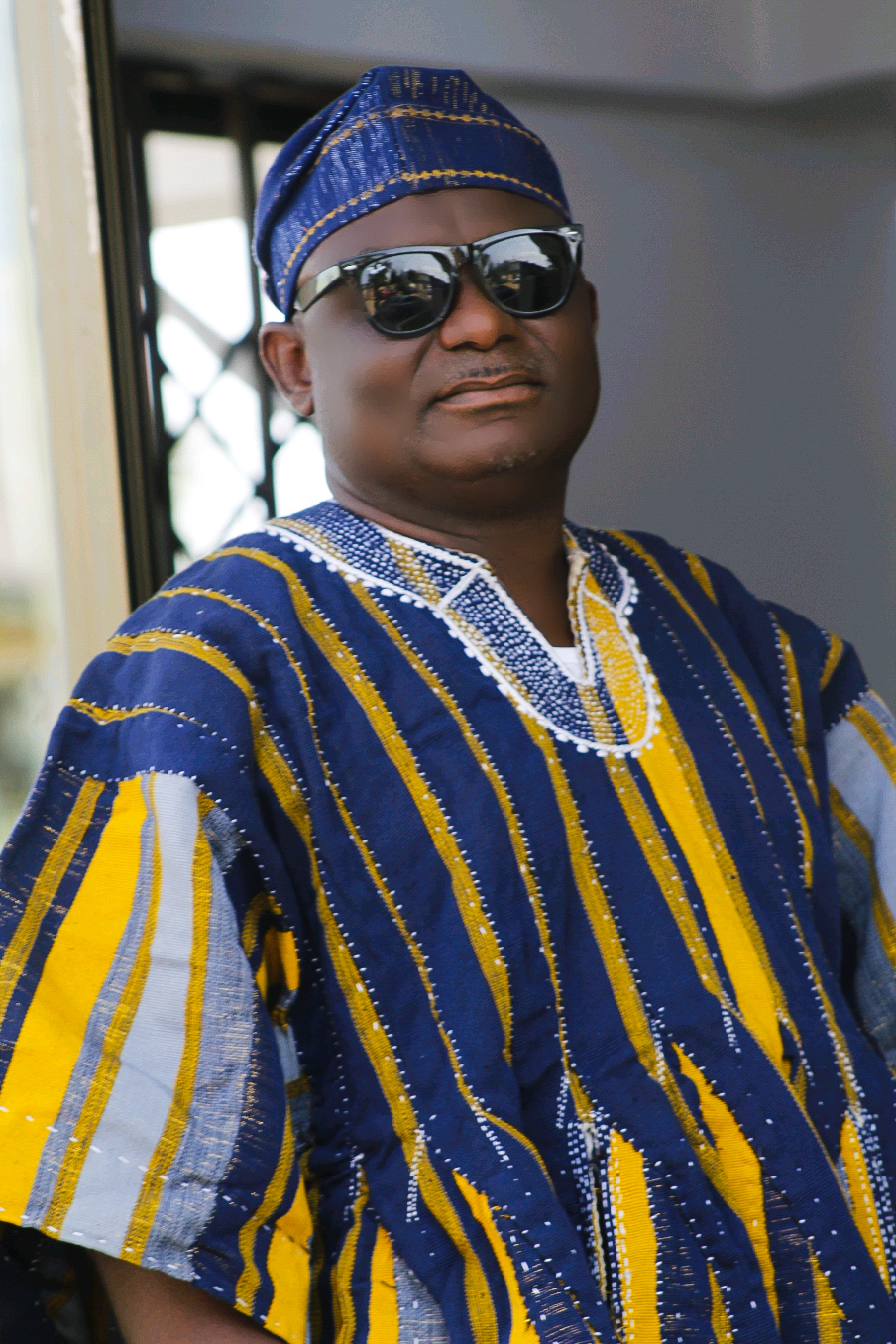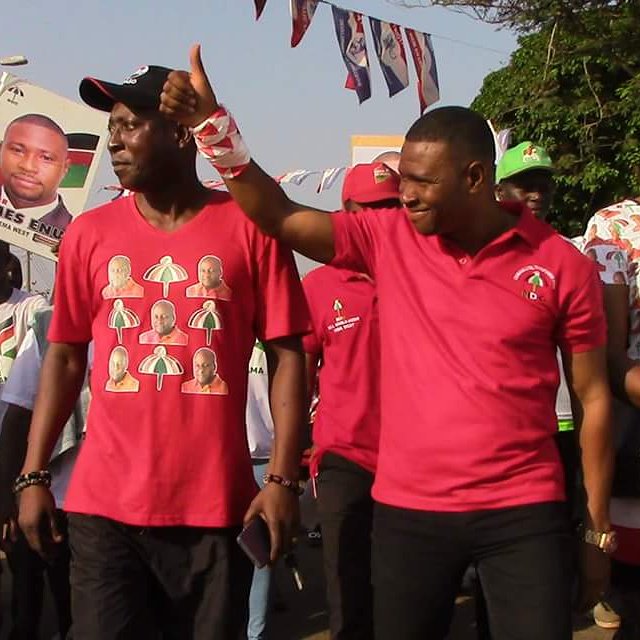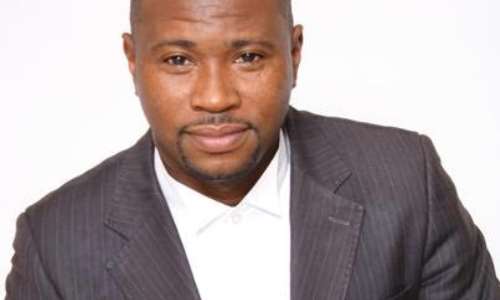Dr. Mahamadu Bawumia, the flagbearer of the New Patriotic Party (NPP), is facing significant challenges as he campaigns for the presidency. Despite his unimpressive track record as the head of the Economic Management Team, there are growing concerns about his credibility and trustworthiness, particularly given the current economic challenges facing Ghana.
Political Background and Challenges
Since assuming office as Vice President in 2016, Dr. Bawumia’s economic rhetoric and promises have often been scrutinized. His tenure has seen a sharp decline in Ghana’s economic conditions, including soaring government debt and high inflation, which reached a record 54% in December last year before easing to around 38%. These economic difficulties have put his leadership under the spotlight, impacting his public perception.
Dr. Bawumia, who will be the first northerner and Muslim to run for president under the NPP banner since the restoration of multi-party democracy in 1992, won the NPP primaries decisively with 61.47% of the vote. His main rival, Kennedy Ohene Agyapong, conceded defeat with 37.4% of the vote. As President Nana Akufo-Addo steps down after his two terms, the upcoming election is set to be a closely watched contest between Dr. Bawumia and former President John Mahama of the National Democratic Congress (NDC).
Electoral Dynamics
This election marks a historic moment with both major parties fielding northern candidates. The NPP hopes Dr. Bawumia will strengthen its appeal in the north while maintaining support in the south. However, convincing voters to grant the NPP a third term will be a challenge, especially given the current economic climate.
Campaign Management and Strategies
To address these challenges, Dr. Bawumia’s campaign must focus on several key areas:
Strategic Planning
Develop a Campaign Strategy: Set clear objectives, including target voter demographics and key issues.
Create a Campaign Plan: Outline strategies, timelines, and resource allocation.
Building and Organizing a Team
Appoint Key Roles: Include a campaign manager, communications director, finance director, and field director.
Recruit and Train Volunteers: Engage and train supporters for canvassing, phone banking, and event organization.
Managing Public Appearances and Events
Plan and Schedule Events: Organize rallies, town halls, and other public engagements.
Prepare the Flagbearer: Rehearse speeches, debate responses, and provide media training.
Executing Communication and Outreach
Media Relations: Develop relationships with journalists, issue press releases, and manage media coverage.
Social Media Management: Use social media to engage with voters, share updates, and address issues.
Voter Outreach: Organize canvassing and phone banking to connect with voters personally.
Fundraising and Resource Management
Organize Fundraising Events: Host events to generate financial support and engage donors.
Budget Management: Monitor spending and allocate resources efficiently.
Monitoring Progress and Adapting
Track Campaign Metrics: Use polling data to assess performance and adjust strategies.
Address Issues Promptly: Manage crises and handle negative publicity effectively.
Preparing for Election Day
Get-Out-The-Vote Efforts: Implement strategies to ensure voter turnout and provide support for reaching polling stations.
Monitor Voting Process: Ensure a fair voting process and address any issues that arise.
Post-Election Activities
Analyze Results: Review election outcomes and hold a debriefing session to discuss lessons learned.
Acknowledge Support: Thank volunteers, donors, and supporters for their contributions.
Conclusion
As Dr. Bawumia navigates the complexities of his campaign, managing trust and credibility will be crucial. The current economic challenges and his track record as Vice President will play significant roles in shaping voter perceptions. Effective management of his campaign and addressing these issues will be key to his success in the upcoming election.
Story By:Alexander Kukah



